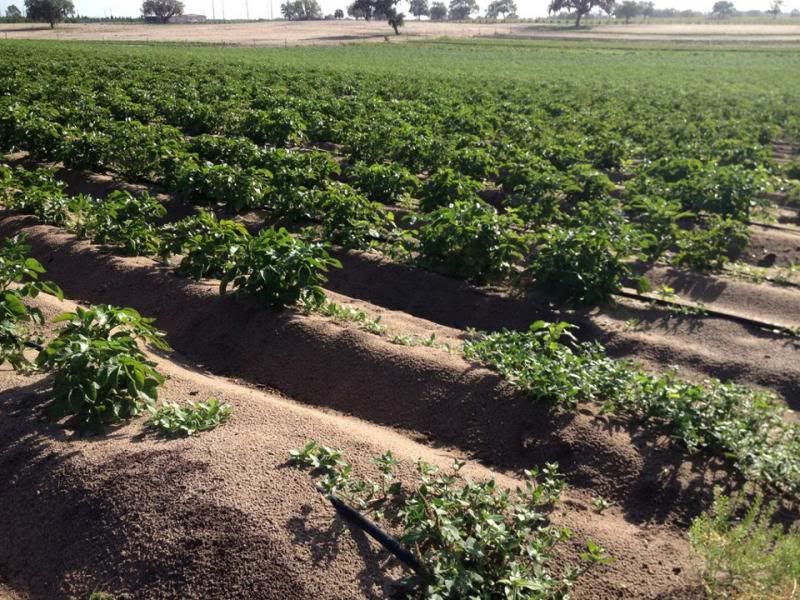
 1
1





 1
1




1. How can I transform this sand into soil? I don't think I can convince the owners to finance a keyline layout or other such drastic measures, so I am somewhat restricted and realize it will take a long time, but in monetarily reasonable ways what can I use for cover crops besides sunn hemp (I've heard good things about castor beans and a few others), green manure crops, and local sources of soil building material?
4. Suggestions of pests I should prepare for from the months of September through late May, and if you know of any ways to battle them that aren't reliant on purchasing organic pesticides I would be much obliged. I'm definitely going to be growing hedges, beneficial flower/herb borders, and polycultures throughout the beds to try and limit space for weeds and the temptation of insects. I know a lot of the basics but am looking for locally trusted and successful plant varieties or seed distributors.
5. Is citrus wood okay for hugelkultur beds? I used some to plant veggies in and it did well but I don't know what the long term effects would be and have had trouble finding information.
6. I'm also helping manage a citrus grove-- any advice for plants I should use in a citrus grove to benefit trees? I know of the usual permaculture goodies but looking for more input from locals. Also interested in vegetable varieties that would be well suited for growing between trees, which I have been experimenting with.
7. What is a good mulch or other way to help preserve moisture that works on a farm scale?
8. How to cultivate a vibrant and diverse soil food network in sand

 1
1








 2
2




Nathan Selikoff
Art: http://nathanselikoff.com Life: http://nathanandamy.com
 1
1




Seed the Mind, Harvest Ideas.
http://farmwhisperer.com




 1
1




 1
1




 1
1








If you want wealth, help others to grow wealthy.
Who said that?





Seed the Mind, Harvest Ideas.
http://farmwhisperer.com




If you want wealth, help others to grow wealthy.
Who said that?




Building a 40 acre homestead in north Florida
www.40acrewoods.com

|
Why is the word "abbreviation" so long? And this ad is so short?
Learn Permaculture through a little hard work
https://wheaton-labs.com/bootcamp
|




